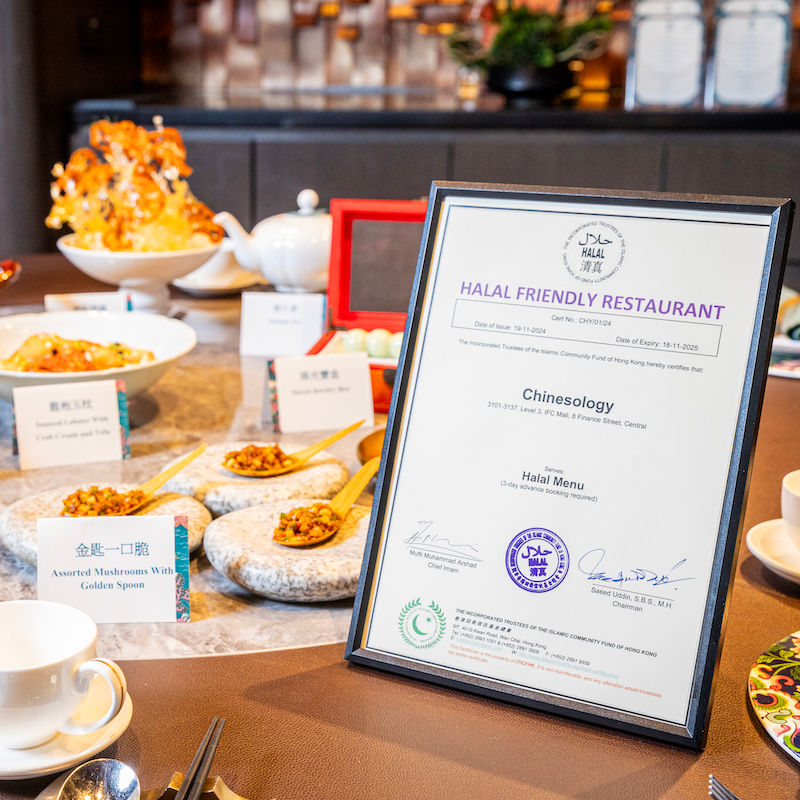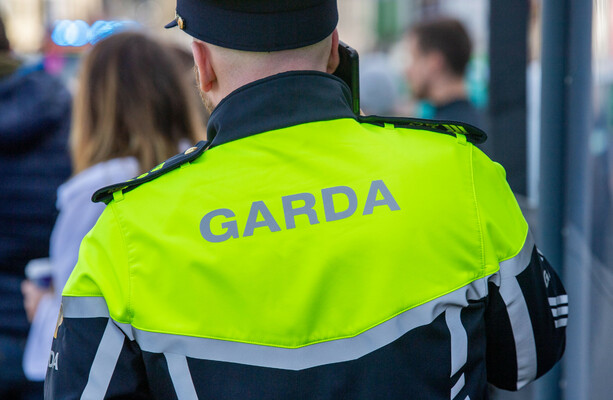Syrian Rebel Offensive Fuels Concerns Amidst Flare-up in Aleppo
Intense fighting in Syria has been erupting, raising concerns in the international community as rebel forces make ground in key government-held areas. A significant power shift seems to be underway after the sudden losses witnessed in Aleppo, prompting analysts to reassess the situation.
"But don’t write off Assad," warns BBC analyst Bowen, highlighting the resilience of the Syrian government.
One of the driving forces behind this recent surge in rebel activity is the Hayat Tahrir al-Sham (HTS), a powerful militant group. The Guardian reports that HTS has been steadily advancing, challenging the Assad regime’s control in the region.
"Assault on Aleppo: who are the Syrian rebels HTS and why are they advancing?" asks The Guardian, capturing the global attention focused on this evolving conflict.
This latest wave of violence is not isolated. CNN provides a broader context, summarizing the ongoing situation in Syria: “What’s happening in Syria?” they ask. The answer: a complex, multi-sided civil war that has been raging for over a decade.
Adding to the complexity, Al Jazeera English reports on the Syrian government’s counteroffensive inHama. Rebel forces are pushing towards this crucial city, while government troops fight back with determination.
The future of Syria remains uncertain amidst these shifting battle lines. The recent rebel gains have sent shockwaves through the international community, prompting reassessments of the conflict’s trajectory. The world watches with bated breath as this critical chapter unfolds in the Syrian war.
## Syrian Rebel Gains in Aleppo Spark Fears of Protracted Conflict
Fierce fighting has erupted across Syria as rebel forces, spearheaded by the powerful militant group Hayat Tahrir al-Sham (HTS), make important advances in government-held areas. This surge has rattled international observers and raised alarming questions about the future of the decade-long civil war. Today, we speak with leading experts to analyze the recent developments, explore the motivations behind HTS’s advance, and discuss the potential implications for Syria’s already fragile stability.
Joining us are Dr.Lina Khalil, a Senior Analyst specializing in Middle Eastern conflict and security at the International Crisis Group, and Dr. Omar Hassan, a renowned historian focusing on syrian politics and society at the University of Oxford.
**Understanding the Rise of HTS and its Objectives**
**Moderator:** Dr. Khalil, HTS has emerged as a dominant force in this recent offensive. Could you shed light on their motivations and goals in mounting this campaign?
**Dr. Khalil:** HTS is a complex association with a multifaceted agenda. While it espouses an Islamist ideology, its primary goals in this offensive appear to be territorial expansion and consolidating control over key strategic areas like Aleppo and Hama. These areas hold significant economic and political value, and controlling them strengthens HTS’s bargaining position in any future peace negotiations.
“it’s important to remember that HTS is not a monolithic entity. There are internal factions with varying degrees of extremism and political ambitions,” adds Dr. Khalil.
**The Implications for the Syrian Government**
**Moderator:** Dr. Hassan, how significant is this rebel advance for the Assad regime? Does it signal a major turning point in the conflict?
**Dr. Hassan:** It’s certainly a blow to the Assad regime, both militarily and symbolically. These losses expose the vulnerabilities of the regime’s forces and erode its authority. Though, it’s premature to declare a definitive turning point. The Syrian government has shown resilience in the past, and it still retains significant military capabilities, notably with the support of its allies like Russia and Iran.
“We must remember that the Syrian conflict is characterized by shifting alliances and unpredictable dynamics. A rebel victory in Aleppo doesn’t necessarily translate to the downfall of the Assad regime,” cautions Dr. Hassan.
**the Potential for Escalation and International Intervention**
**moderator:** With the recent escalation, what are the risks of wider regional involvement and international intervention?
**Dr. Khalil:** The risk of escalation is vrey real. HTS has close ties to al-Qaeda, which could inadvertently draw in other extremist groups and escalate the already complex conflict. Additionally, Turkey, a major regional player with interests in northern Syria, could be drawn into the fighting on a larger scale, perhaps leading to a wider confrontation.
“While direct military intervention by major powers remains unlikely, there’s a risk of increased proxy involvement through arming and supporting different factions,” warns Dr. Khalil.
**The Future of Syria: Fragility and Uncertainty**
**Moderator:** Looking ahead,what are your predictions for the future of Syria?
**Dr. Hassan:** the path forward remains incredibly precarious. A negotiated settlement seems distant, given the deep mistrust between the warring parties and the complexity of the issues at stake.
“The most likely scenario is a continuation of the conflict, with fluctuating frontlines and sporadic outbreaks of violence,” predicts Dr. Hassan. “Syria faces a long and arduous path to recovery, even after the guns fall silent.”
**Key Takeaways:**
The recent rebel gains in Aleppo represent a significant growth in the Syrian civil war, highlighting the complex and volatile nature of the conflict.The rise of HTS poses new challenges for both the Syrian government and the international community.The future of Syria remains uncertain, with a negotiated settlement seeming increasingly distant.
**What are your thoughts on the latest developments in Syria? Join the conversation in the comments below.**
**For further reading on the Syrian conflict:**
* [The Syrian Civil War Explained](https://www.world-today-news.com/syrian-civil-war-explained/)
* [The Rise of Hayat Tahrir al-Sham](https://www.world-today-news.com/hts-rise/)
* [International Involvement in Syria](https://www.world-today-news.com/international-involvement-syria/)


